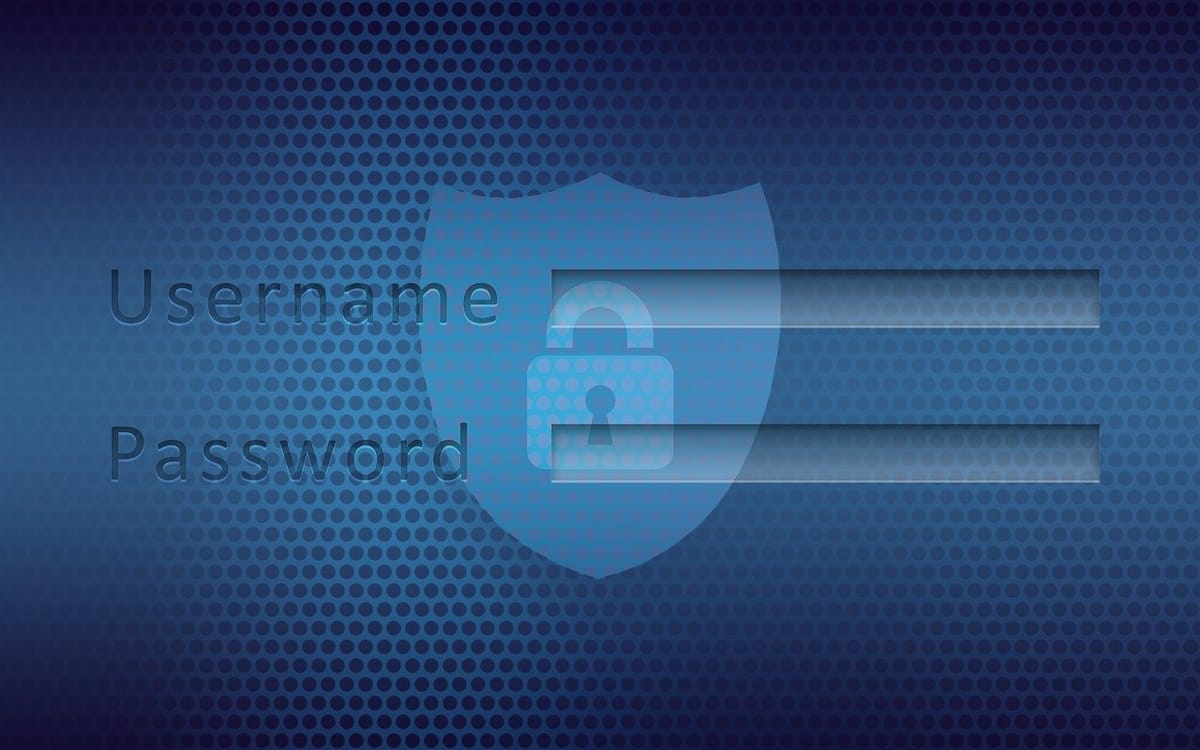The Case for Password Managers
Reducing Cyber Risks and Enhancing Security

The importance of cybersecurity cannot be overstated. Both individuals and businesses rely heavily on digital platforms, making password management a critical aspect of maintaining security. Password managers have emerged as essential tools to address the challenges of password creation, storage, and management. Using a password manager enhances security, convenience, and efficiency while mitigating significant cybersecurity risks.
Personal Use of Password Managers
On a personal level, using a password manager is paramount for enhancing security. Individuals often need help with numerous online accounts, leading to the standard but dangerous practice of reusing passwords or creating weak, easily memorable ones. Cybercriminals exploit these vulnerabilities through credential stuffing, where stolen credentials from one site are used to access other sites. A password manager mitigates this risk by generating and storing complex, unique passwords for each account, empowering users with a sense of control and making it significantly harder for cyber attackers to breach multiple accounts.
Setting up a password manager is straightforward. It involves creating a master password, which is the only password you need to remember. The manager then generates and stores complex, unique passwords for each of your accounts. This eliminates the burden of remembering multiple passwords and ensures high password complexity without the hassle of memorization. Instead of remembering "P@ssw0rd123" for one account and "Qwerty!@#456" for another, users only need to remember their strong master password to access all their stored credentials.
Additionally, many password managers enhance security through features like two-factor authentication (2FA). 2FA requires a second verification form, such as a code sent to a mobile device and the master password. This added layer of security makes it exceedingly difficult for unauthorized users to gain access, even if they obtain the master password.
Professional Use of Password Managers
In a professional setting, the stakes are even higher. Businesses handle sensitive data, financial information, and proprietary systems that, if compromised, could lead to significant economic loss, reputational damage, and legal consequences. A password manager can help mitigate these risks by enforcing strong password policies across the organization. Employees can generate and store complex passwords without the need to remember each one, ensuring consistent security standards.
Password managers also facilitate the secure sharing of credentials among team members. In many businesses, employees must share access to specific accounts or systems. Sharing passwords via unsecured channels like email or messaging apps is risky. Password managers offer secure methods for sharing credentials, ensuring that sensitive information is only accessible to authorized personnel.
Moreover, password managers contribute to operational efficiency. By automating the password entry process, employees can save time and reduce the frustration associated with password resets and lockouts. This increased productivity can have a notable impact on overall business efficiency. Additionally, centralized management features allow IT departments to monitor and manage password usage, enforce security policies, and respond quickly to potential threats.
Cybersecurity Risks of Not Using a Password Manager
The absence of a password manager exposes both individuals and businesses to significant cybersecurity risks. One of the most common risks is password reuse. When users recycle passwords across multiple accounts, a breach of one account can compromise many others. Cybercriminals use sophisticated tools to test stolen credentials across various sites, making password reuse a severe vulnerability.
Weak passwords are another significant risk. Many people opt for simple passwords that are easy to remember but easy for hackers to guess or crack using brute-force attacks. Individuals and businesses are left vulnerable to these attacks without a password manager to generate and store complex passwords.
Phishing attacks also pose a significant threat. Cybercriminals use deceptive emails and websites to trick users into divulging their passwords. A password manager can mitigate this risk by recognizing when a user enters a password on an unauthorized site, thereby preventing the unintentional disclosure of credentials.
For businesses, the risks are compounded by the potential for insider threats and human error. Employees may inadvertently share passwords insecurely or fall victim to social engineering attacks. A password manager reduces these risks by providing secure sharing mechanisms and educating users about safe password practices.
Conclusion
Adopting a password manager is a proactive step towards securing personal and professional digital lives, ultimately contributing to a safer and more efficient digital ecosystem. The cybersecurity risks of not using a password manager—such as password reuse, weak passwords, and susceptibility to phishing—underscore this technology's critical need to maintain robust security practices.




